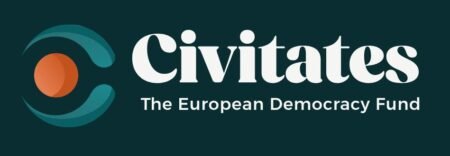CULT decided to abandon all reason and propose measures that contradict existing law on monitoring of online content. They also adopted amendments that contradict clear rulings from the highest court in the EU on internet filtering. Under the “compromise amendments” to which the Committee has agreed, it would no longer be possible to store music recordings, video files or any other copyrighted content on European cloud storage services, even when the content has been legally acquired. European cloud services would have to install filters to either block uploads, or to pay “fair” licenses for any copyrighted material that was uploaded.
“CULT has previously voted to prohibit the exact same method, upload filtering, for restricting hate speech and terrorist content,” said Joe McNamee, Executive Director of European Digital Rights(EDRi). “It is unclear why the Committee thinks that upload filtering is ineffective and disproportionate for terrorism, but effective and proportionate for copyright.”
In a politically-driven attempt to escape public criticism, CULT proposed to remove the ancillary copyright, “link tax”, for non-commercial use of press publications by individual users. However, as people use commercial networks for sharing press snippets, this amendment would have zero impact in the real world.
ITRE made a brave effort to fix the unfixable “censorship machine”, the upload filter proposed by the Commission. Despite deleting the reference to “content recognition technologies”, ITRE has decided to keep the possibility of measures to prevent availability of copyrighted works or “other subject matter” which may or may not be understood as supporting preventive filtering.
The main purpose of the Opinions of these two Committees is to provide specialised expertise to the Committee in charge of the Copyright Directive in the European Parliament, the Committee on Legal Affairs (JURI). In September 2017, JURI will have the final discussions before its vote in on 10 October. This will be a crucial moment and the final opportunity to make sure citizens’ point of view will be considered before the next stage in the legislative process.







